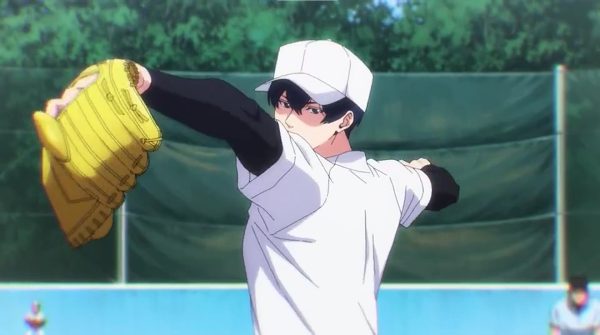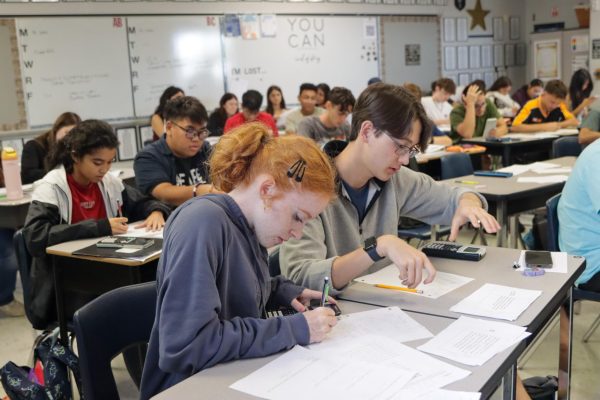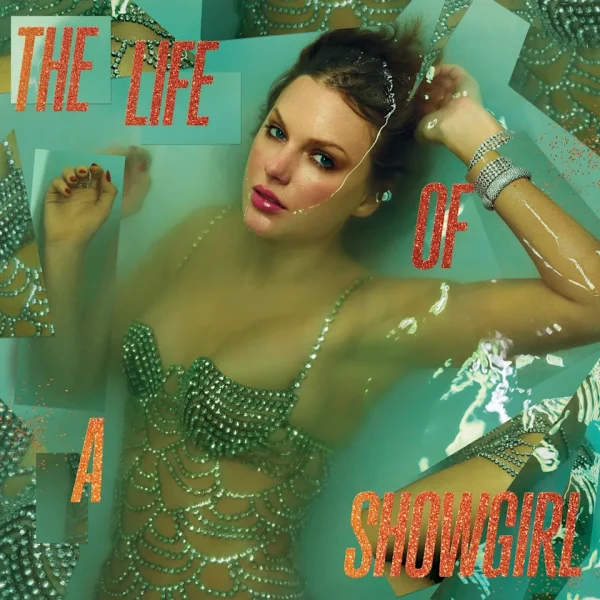Is it really your choice?
The structure of electives is preventing students from taking full advantage of their high-school opportunities
When students sign up for electives, they are faced with countless choices. From music to art, from cooking to acting, electives provide a valuable opportunity for students to choose what they want to learn, but as the pressure of college application gets continually higher and increased requirements make a higher GPA a necessity, they have transformed from an entertaining break from core school subjects into just another way to ensure that one student’s transcript exceeds another’s.
Not everything about electives is bad, but there are several problems with the way they are offered. The biggest one is that they are rarely chosen to reflect a student’s interests. According to CollegePrep, a website meant to help students prepare and apply for college, colleges like to see students taking the most difficult classes available. This reinforces the idea that grades matter more than learning, interest or preparedness. In order to be at the top of their class, students may choose to take electives that neither interest them, nor relate to the career they want to pursue. Since AP classes offer the chance for a higher GPA, a student interested in engineering may end up taking AP Art History or AP Psychology as an elective in order to boost their GPA rather than Robotics or Modeling and Simulation, which may better prepare them for the career they want. This may seem harmless at first, but the idea can persist into college, leading students to choose the wrong major and eventually the wrong career. According to a study done by ACT inc, only 36 percent of students taking the ACT test reported that the major they chose interested them.
Even for students who do choose classes that interest them or are relevant to a possible career, the current system can be harmful. Not only do students risk being overlooked by colleges due to their lower GPA, they often end up on a four-year track with an elective that leaves little room for changing their minds or trying new things. Honors credits for higher level courses makes staying in the same program appealing. The promise that colleges like to see applicants who stuck with something for four years offers the same enticement. Switching electives is often discouraged, and occasionally is not even allowed. Culinary I, for example, which is required to take any other level of the class, is only available for freshmen and sophomores.
This is not to say that electives and class variety are a bad thing. If students are encouraged to choose classes they want to take, the class variety can be a great opportunity to try new things, and maybe even find a new passion or career goal. The problem is the way electives are structured, and the pressure students are under to present the best possible transcript. Electives, which are meant to give students a break from the stress of the school day, are intensifying that same stress. The pressure put on students to achieve at risk of a better future has corrupted the original intention.
High school is meant to be a time for students to try new things and explore possible career paths, and electives are meant to give students opportunities to do just that. Instead, they often end up locking students into an inflexible schedule that leaves them in the same elective for all of high school. Electives are no longer what they are meant to be. Students should feel free to switch electives or take one that actually interests them. In fact, they should be encouraged to.
High school is one of the only times in a student’s life when they will have the chance to explore their interests without having to worry about supporting themselves. Four-year tracks are fine as an option, but incentivizing them with GPA increases or special diplomas puts even more pressure on students who already have enough to worry about. With every assignment affecting a grade, and every grade affecting the future, high schoolers are under enough pressure already. If we do not change the way electives are structured, they will only be another source of stress.
Your donation will support the student journalists of Hagerty High School. We are an ad-free publication, and your contribution helps us publish six issues of the BluePrint and cover our annual website hosting costs. Thank you so much!






